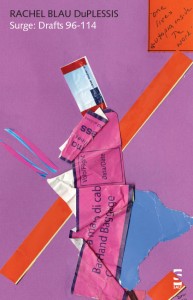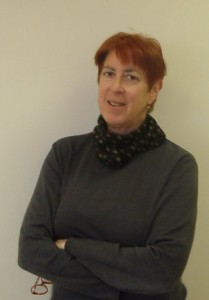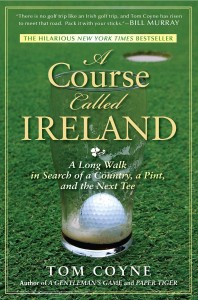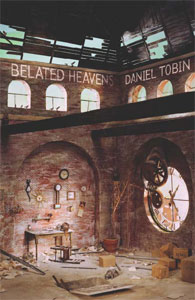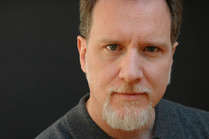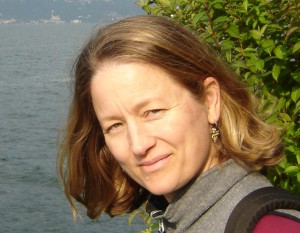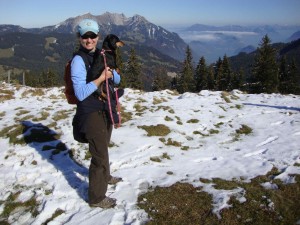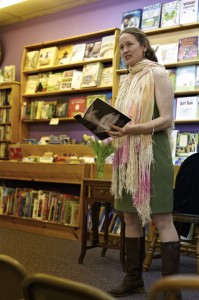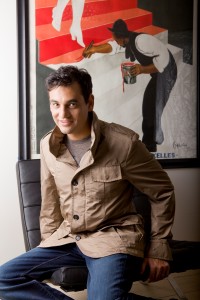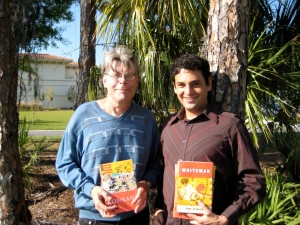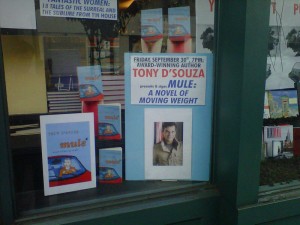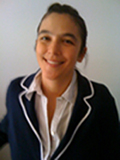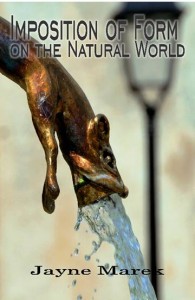In our second installment of our interview series catching up with Notre Dame Creative Writing Program alums, Marcela Sulak (’92) gives us the skinny on her inspirations, advice for young writers, and her latest projects. Let’s see what she had to say!
Why did you want to become a writer? Briefly describe how you became one.
I grew up on a rice farm five miles outside of a town of about 250 (it was not incorporated). I started out as a playwright at age 9 or 10, creating funny westerns which my cousins and I acted out in the summers, using an abandoned two-story barn as the stage. I was not the eldest cousin, so I had to write plays that were seductive to my older two cousins to get them to play. But mostly, I read like mad. My father and my uncles, with whom he farmed rice, were tireless story tellers. My maternal grandfather, 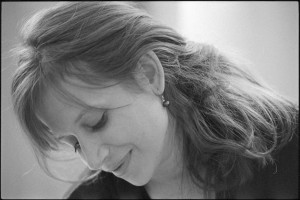 a cotton farmer, was, too. They were bilingual. I grew up with Czech stories and conversations flying over my head at all times. This situation, in a sense, paralleled the sense I had reading books, which depicted such exotic things as snow, sky scrapers, leaves changing color: there was an entire world that had nothing to do with the one I inhabited. That the world I inhabited was, in a sense, formless and young. It didn’t have its own stories yet. I started to make the stories, eventually. Though at first, of course, I simply wrote about myself in the most embarrassing way.
a cotton farmer, was, too. They were bilingual. I grew up with Czech stories and conversations flying over my head at all times. This situation, in a sense, paralleled the sense I had reading books, which depicted such exotic things as snow, sky scrapers, leaves changing color: there was an entire world that had nothing to do with the one I inhabited. That the world I inhabited was, in a sense, formless and young. It didn’t have its own stories yet. I started to make the stories, eventually. Though at first, of course, I simply wrote about myself in the most embarrassing way.
Who influenced you and helped your development and how?
Mrs. Winkler, in fifth grade, who introduced me to my first “real poet,” Mickey Huffstutler. Mrs. Huffstutler took me seriously; gave me a workbook in prosody, sent my work to outside readers who came back with true but dispiriting advice: frame narratives; show don’t tell, etc.
Later the Notre Dame faculty–particularly John Matthias, Sonia Gernes and Jacqueline Brogan, were of immense help when I did the MFA.
At the University of Texas, where I did my Ph.D. in literature, I studied and workshopped with Tom Cable, Khaled Mattawa, and David Wevil, who were incredibly helpful and influential, as well as colleagues who were in the Michener Program: Steve Gehrke, Carrie Fountain, Phil Pardi, and so forth.
What advice do you offer aspiring writers?
READ. Widely and in genres and styles that are not instinctively appealing to you.
Choose one, two, or three of your books and discuss how the idea originated for the finished book.
Immigrant began as a history of fruits and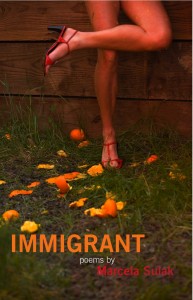 vegetables in iambic pentameter. Specifically, I planned to write sonnets out of my system (Black Lawrence Press, 2010)
vegetables in iambic pentameter. Specifically, I planned to write sonnets out of my system (Black Lawrence Press, 2010)
A Ladies’ Guide to Hebrew (circulating; every poem in it is published), originally titled “The Mistress’s Manual of Politeness and Etiquette,” or “The Kept and the Unkempt,” uses 19th century manuals of politeness and etiquette (in which rulers and the ruled were often divided by language and culture) to contextualize “difficult women” poised between two cultures and languages: La Malinche, Jezebel, Esther. It also looks at daily life in the Middle East.
Discuss genre, where does your writing fit, or not?
I work with poetry, and lately, creative nonfiction. The two blend powerfully. I’ve also been experimenting with the prose poem.
If your book was film optioned, which actors would you choose to play your characters in a movie rendition?
Immigrant: Carmen Miranda ?
A Ladies’ Guide to Hebrew. (Let me get back to you)
How long did it take to complete your first draft of your manuscript.
Immigrant took two years to create a first draft, and another two years to create the final draft.
A Ladies’ Guide to Hebrew about 3 years total (first draft a year).
Give a one sentence synopsis of your book?
Immigrant: A brief history of human relationships with the earth and one another through the history of fruits and vegetables.
Ladies’ Guide to Hebrew–women straddling linguistic, cultural, religious and social divides throughout history, particularly in the Middle East.
Discuss your latest enterprise?
I have just signed a book contract to edit, with Jacqueline Kolosov-Wenthe, Family Resemblances: A Field Guide to Hybrid Literatures. This project grew out of my own experimentation with hybrids such as documentary poetry and lyrical essay, as well as my own research on hybrid literature and self-described hyphenated Americans.
Mystery 10th question! What’s on your bedside table/what are you reading?
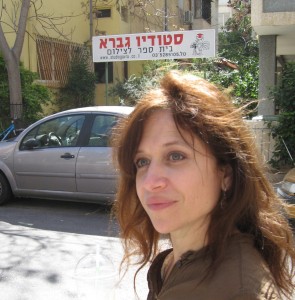 Books on my bedside table at present include tens of books I am currently
Books on my bedside table at present include tens of books I am currently
reviewing for inclusion in The Field Guide to Hybrid Literatures, called Family Resemblances,” which I am co-editing with Jacqueline Kolosov Wenthe. Those are most of my reading these days. Before I sleep, I am currently reading Muriel Rukeyser’s The Life of Poetry, Simon Sebag Montefiore’s Jerusalem, the biography, Daisy Fried’s Women’s Poetry: Poems and Advice, and G. Matthew Jenkin’s Poetic Obligation. Ethics in Experimental American Poetry after 1945. I read simultaneously, depending on what I’m thinking about during the day, so I’m halfway through each of them. I’m translating the Israeli Poet Orit Gidali, and am on her second book, Smichut, which I render as “Construction State.”
Wow, such an interesting and open approach to both reading and writing! It’s no wonder Marcela has had such success. Her book, Immigrant, is purchasable here and selections from Ladies’ Guide to Hebrew are ready for your perusal here and here. For more information about Marcela, her forthcoming work, translations, and more, take a look at her website.
Tags: A Ladies' Guide to Hebrew, Almuni Interviews, Creative NonFiction, Family Resemblances: A Field Guide to Hyrbid Literature, Immigrant, Marcela Sulak, Poetry, Translation, Writer Updates
